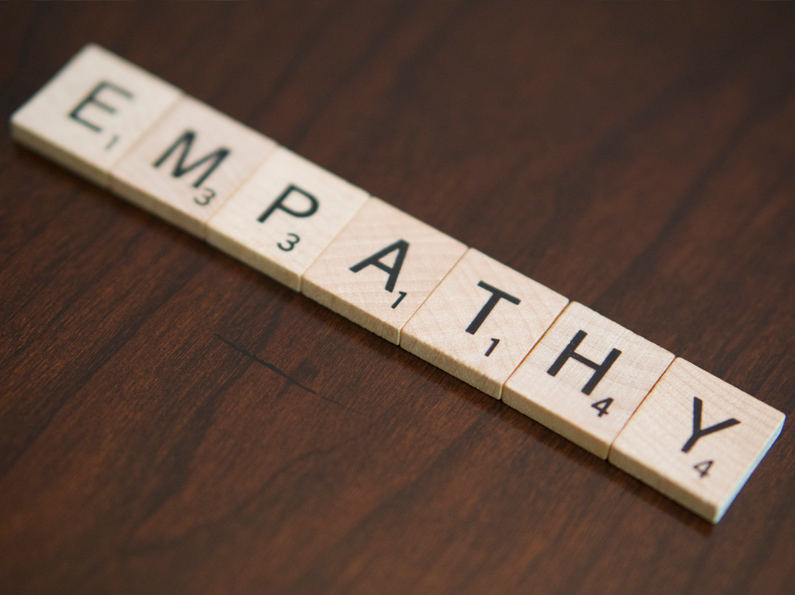At today’s meeting Barry Nobel presented on the topic of mindfulness-based conflict resolution as it applies to the work Rotary is doing in seeking peace.
Here are a few highlights from his presentation:
- Nationally, there are more than 500,000 divorces per year.
- 40% of births are to unmarried parents.
- 50% of all children will live with a single parent at some point.
- Lane County Family Mediation assists more than 1,200 parents per year.
- We may fall victim to Confirmation Bias:
- “We don’t see things as they are, we see them as we are.” – Anais Nin
- “Everyone is entitled to his own opinion, but not to his own facts.” – Daniel Patrick Moynihan
- The Fundamental Attribution Error comes from the idea that if you don’t agree with someone, they must be evil (corrupt), crazy (wing nut), stupid (naive), or selfish (greedy; lazy).
- Fight or Flight reactivity may be life-saving.
- Blaming can backfire.
Mindfulness-Based Conflict Engagement (MBCE) focuses on:
- Mindfulness – the value of training attention
- “…the faculty of voluntarily bringing back a wandering attention over and over again is the very root of judgment, character, and will…education which should improve this faculty would be the education par excellence.” – William James
- “One does not become enlightened by imagining figures of light, but by making the darkness conscious. The later procedure, however, is disagreeable and therefore not popular.” Carl Jung
- Empathy
- “Who sees inside from outside? Who finds hundreds of mysteries even where minds are deranged? See through his eyes what he sees. Who then is looking out from his eyes?” – Rumi (13th century)
- “Seek first to understand and then to be understood.” Stephen Covey
- Connection before correction.
- LifeView
- “The unlike is joined together, and from differences results the most beautiful harmony, and all things take place by strife.” Heraclitus (6th – 5th century BCE)
- Authentic & Compassionate Action
3 MBCE Tips for Engaging with Conflict
- Speed Kills
- Develop mindfulness (especially of the body)
- “Catch it early”
- Take a conscious breath or a time-out
- Connection before correction
- Listen; listen longer; listen for needs.
- Paraphrase & summarize.
- Look for the nod of agreement
- Say only that which is honest, respectful, AND effective.
- Focus on areas of agreement first.
- There’s enough to meet everyone’s needs.
- Encourage incremental change with self-compassion!

